What Happens in Prometheus Bound?

Prometheus Bound, a tragedy attributed to Aeschylus, is a profound exploration of the human condition, delving into themes of power, rebellion, suffering, and the nature of justice. By examining this ancient drama through the lens of Jungian archetypes and depth psychology, we can uncover deep insights into the nature of the self, the dynamics of authority and resistance, and the transformative power of sacrifice.
I. Summary of Prometheus Bound
Prometheus Bound begins with Prometheus chained to a rock in the Caucasus mountains as punishment for giving fire to humanity against the will of Zeus. The play consists largely of Prometheus’s interactions with various characters who visit him in his torment: the chorus of Oceanids, their father Oceanus, Io (a maiden cursed by Zeus), and Hermes, the messenger of the gods.
Prometheus remains defiant, refusing to submit to Zeus’s authority or reveal the secret he knows about a potential threat to Zeus’s rule. The play ends with Zeus casting Prometheus into the abyss for his continued defiance.
II. Archetypal Figures in Prometheus Bound
Prometheus:
The Rebel and the Savior Prometheus embodies the archetypes of the Rebel and the Savior. As the Rebel, he defies the authority of Zeus, refusing to submit to what he sees as unjust power. As the Savior, he suffers for the sake of humanity, having given them the gift of fire and knowledge. His character represents the impulse to resist oppression and the willingness to sacrifice for others.
Zeus:
The Tyrant Zeus, though not an on-stage character, represents the archetype of the Tyrant. He is the absolute authority who demands total obedience and punishes any defiance ruthlessly. He represents the shadow side of power, the part that can become oppressive and unjust.
Io:
The Wanderer Io, cursed by Zeus to wander the earth, embodies the archetype of the Wanderer. Her restless journey reflects the human experience of suffering, longing, and the search for understanding. Her encounter with Prometheus suggests a kinship among those who suffer under the whims of the gods.
III. Power and Rebellion
At the heart of Prometheus Bound is the conflict between power and rebellion. Prometheus’s defiance of Zeus represents the eternal human struggle against oppressive authority. His refusal to submit, even in the face of extreme suffering, asserts the dignity and autonomy of the individual against the crushing weight of tyrannical power.
IV. Suffering and Sacrifice
Prometheus’s story is one of profound suffering and sacrifice. He endures an eternity of torment for the sake of humanity. This suffering is not meaningless, however; it is a sacrifice that enables human progress and freedom. Prometheus’s ordeal becomes a symbol of the transformative power of suffering when endured for a noble cause.
V. The Nature of Justice
The play raises complex questions about the nature of justice. Is Zeus’s punishment of Prometheus just, given Prometheus’s defiance? Or is Prometheus’s rebellion a just response to Zeus’s tyranny? The play suggests that true justice is not simply a matter of enforcing divine will, but must take into account the inherent dignity and rights of individuals.
VI. Psychological and Societal Implications
The Rebellious Self
Prometheus’s character illustrates the rebellious aspect of the self – the part that resists unjust authority and asserts individual autonomy. The play suggests that this rebellious impulse, while often costly, is crucial for psychological and societal growth.
The Shadow of Tyranny
Zeus’s character represents the shadow of tyrannical power – the part of the psyche or society that demands total obedience and suppresses individuality. The play warns of the dangers of this shadow, the way it can turn authority into oppression.
The Transformative Power of Sacrifice
Prometheus Bound powerfully depicts the transformative potential of suffering and sacrifice. Prometheus’s ordeal, undertaken for the sake of humanity, becomes a catalyst for human progress and freedom. The play suggests that the most profound transformations often require a willingness to endure suffering for a higher cause.
Read About Other Classical Greek Plays and Their Influence on Depth Psychology
Classical Literature
Iphigenia in Aulis

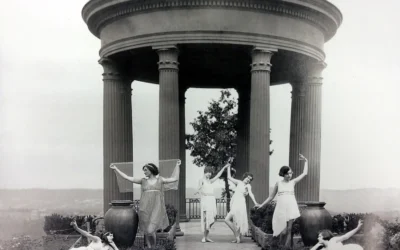




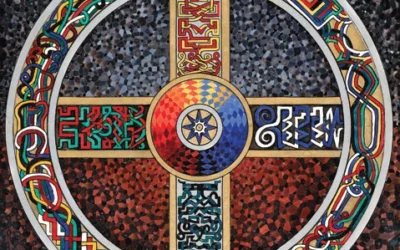
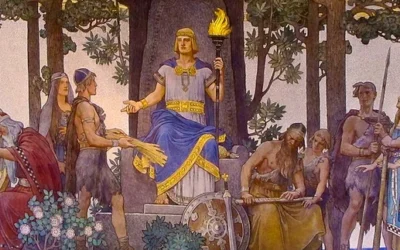


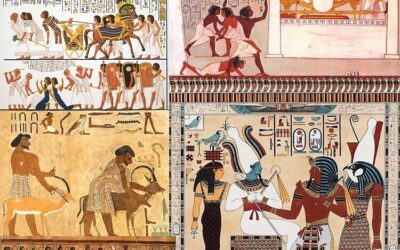
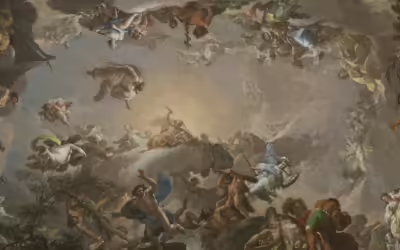
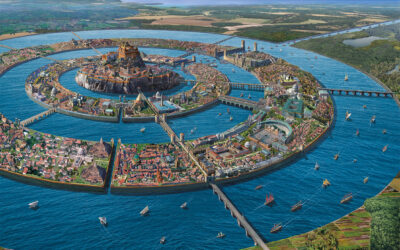
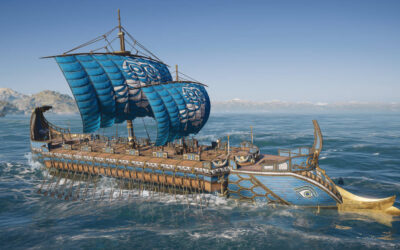

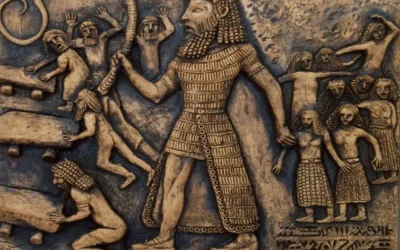
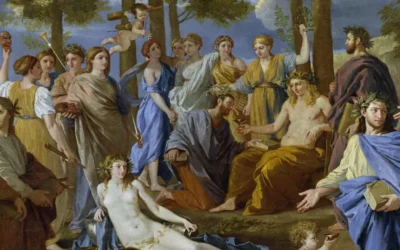
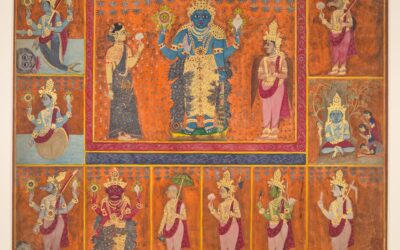
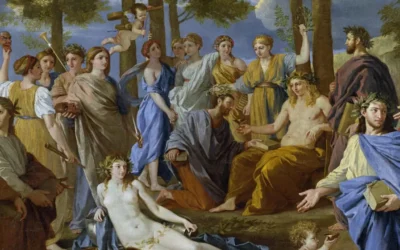
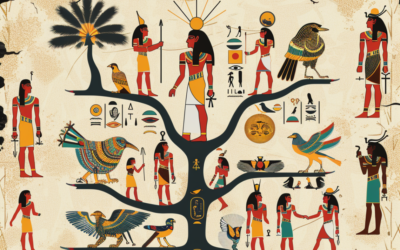
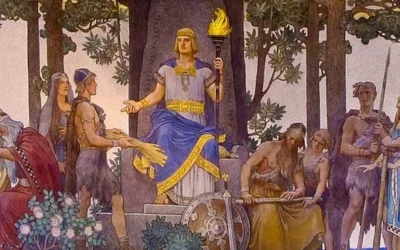

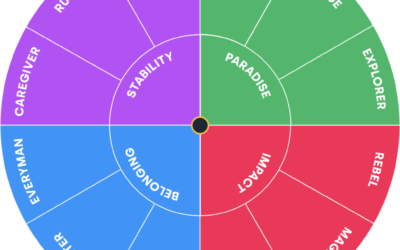

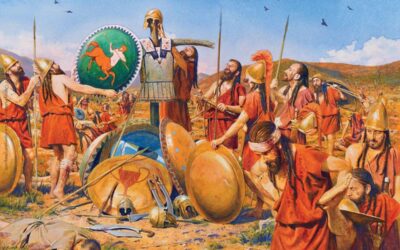
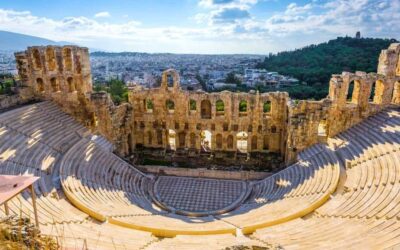
0 Comments